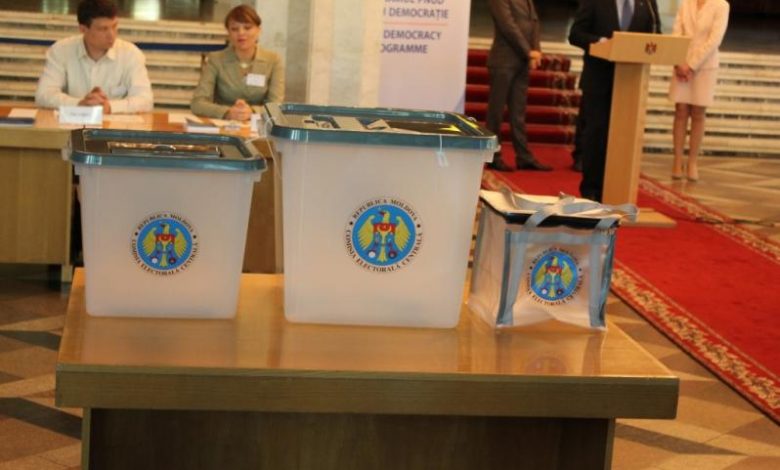Why Moldova Matters to the EU and Russia?

The closely fought campaign, in which the pro-Russian Socialist Party won the most votes, assumed a special significance. The outcome will test the commitment of the EU to this small, corrupt, and poor country that neighbors Romania.
Moldova, like Ukraine and several other Eastern European states, has become part of a geostrategic competition between Brussels and Moscow, with Russia determined not to let the country slip away from its influence.
Much will depend on whether Moldova’s pro-Western parties will be able to establish a viable coalition government in a way that could counter Russia’s influence.
With 87 percent of the vote counted, the three pro-EU parties—the Liberal Democratic Party, the Democratic Party, and the Liberal Party—together have 44 percent of the vote. The Socialist Party, heavily supported by Russian President Vladimir Putin, who hosted the party’s leaders in Moscow in November and whose picture was on its election campaign posters, won a whopping 21.5 percent.
If the pro-Western parties do manage to form a coalition, as they did after the last election in 2010, they will have to match their rhetoric of reform and combating corruption with serious deeds. That is going to be easier said than done, as the opposition Socialists and Communist are well aware.
As it is, the coalition has a reputation for squabbling, corruption, and often squandering the gains of the past five years.
The lure of the EU-Moldova Association Agreement, which the coalition initialed in November 2013 in Vilnius, Lithuania, just about kept the government in power, even though the Liberals had walked out of the coalition the previous February. Of even greater importance was the EU’s decision in April 2014 to introduce visa-free travel for Moldova’s 3.5 million inhabitants.
In retrospect, the country’s tangible gains, which also included an extensive trade deal with the EU, should have been enough to give the pro-EU parties a comfortable victory. Instead, two main factors have damaged the pro-Western camp.
The first is Moldova’s continuing economic uncertainty. The country has been subjected to an extraordinary degree of blackmail by Russia. Just because Moldova signed the EU Association Agreement, Russia banned imports of Moldovan wines, meat, and vegetables. Russia has also threatened to cut off Moldova’s energy supplies.
In reality, Moldova could survive such embargoes now that certain trade tariffs with the EU have been lifted. The new trade accords with the EU should give reformers the impetus to introduce structural changes in the economy, provided there is sufficient political will to do just that. But reforms would take time to kick in.
The second factor is Russia’s increasing meddling in Moldova. That interference is happening not just in the region of Transnistria, where Russian-backed leaders have for several years been trying to break away from Moldova.
Russia is also meddling in the southeastern region of Gagauzia, which is home to 200,000 Turkic-speaking inhabitants. Analysts suggest that the community has become increasingly pro-Russian as the Kremlin has openly supported its calls for more autonomy, if not independence from Moldova.
The government in Chişinau has reacted to such growing calls by adopting a tough stance against the Gagauz community. Observers warn that this could alienate the minority even further, and that with the support from Moscow, Chişinau could have a major separatist movement on its hands.
Indeed, in a referendum carried out among the Gagauz minority in February 2014, 97.2 percent voted against Moldova’s closer ties with the EU, and 98.4 percent favored Moldova’s integration into the Russian-led Eurasian Customs Union.
The leader of the Gagauz region, Mihail Formuzal, who was a major in the Soviet army, has repeatedly opposed Moldova moving closer to the EU. He has claimed such a development would threaten the autonomy of the Gagauz minority.
With a frozen conflict in Transnistria and Russia’s support for the Gagauz, Moldova’s future stability is not a foregone conclusion. This time around, the EU cannot afford to be caught napping—as it was over Ukraine.
carnegieeurope.eu
Fiți la curent cu ultimele noutăți. Urmărește TIMPUL pe Google News și Telegram!
